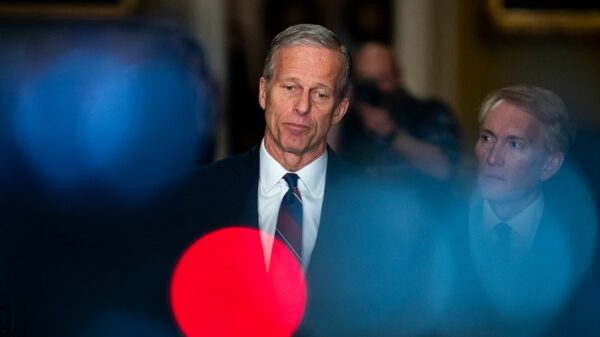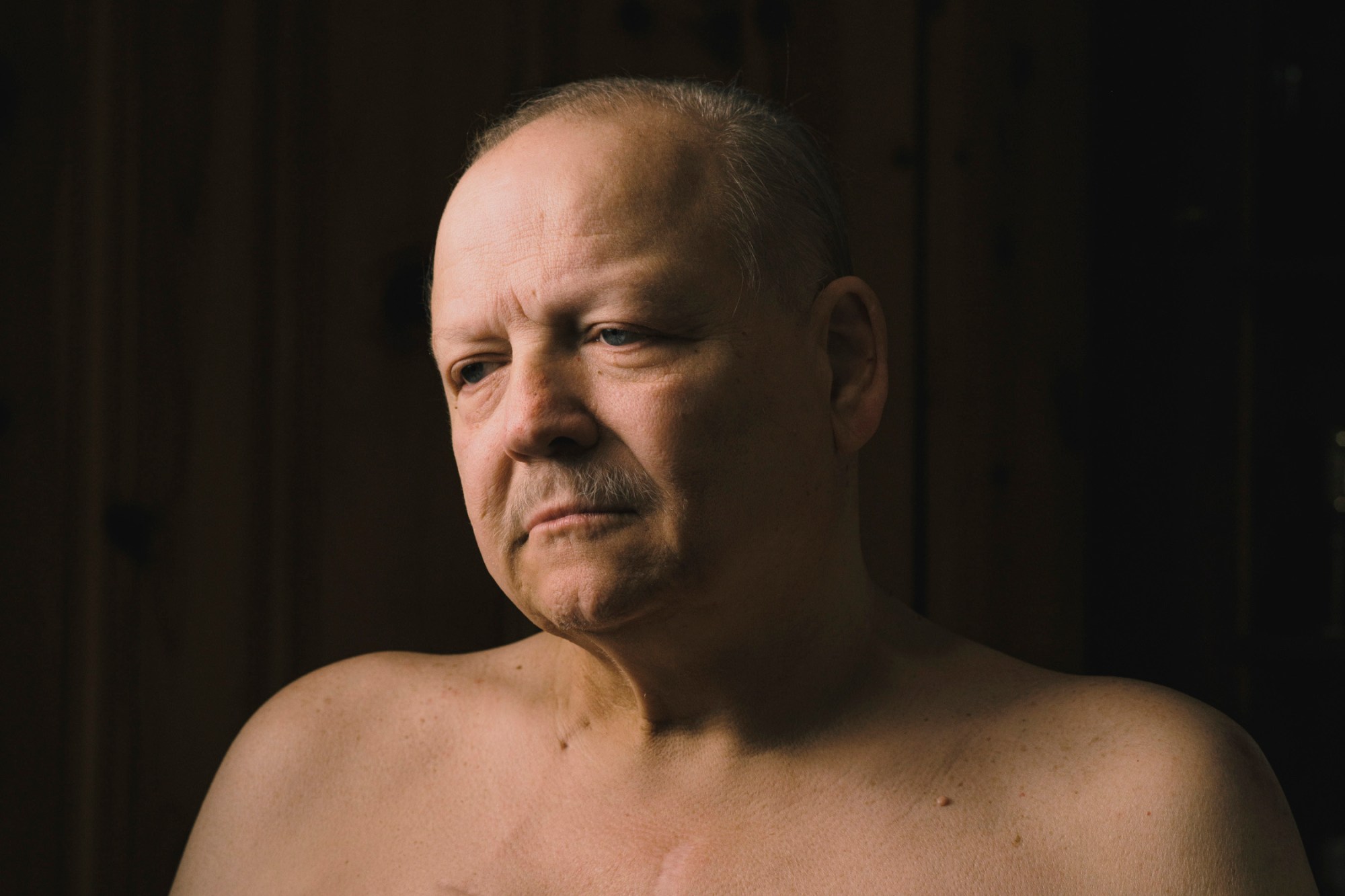The Department of Veterans Affairs (VA) has implemented a new policy that complicates health care coverage for male veterans diagnosed with breast cancer. This change, effective as of September 30, 2023, aligns with an order issued by former President Donald Trump on his first day in office, titled “Defending Women from Gender Ideology Extremism and Restoring Biological Truth to the Federal Government.” A memo detailing this policy shift was obtained by ProPublica.
Under the new guidelines, the VA no longer automatically presumes a service connection for male breast cancer. This decision means that approximately 100 men newly diagnosed each year will face a more arduous process to prove their cancer is linked to military service. Pete Kasperowicz, a spokesperson for the VA, confirmed the adjustment, stating that veterans who have already qualified for coverage will retain their benefits, but new claimants will encounter significant challenges.
Researchers have noted a concerning trend: the incidence of breast cancer among men is rising, and the mortality rate is higher than that seen in women. According to studies, male veterans are particularly at risk, with breast cancer rates notably elevated in this population. Dr. Anita Aggarwal, a retired VA oncologist, emphasized the need for coverage, stating, “These people have put their lives at risk for us.”
The new policy represents a reversal of benefits established under the PACT Act, a major initiative passed during the Biden administration. This law expanded health care and benefits for veterans exposed to toxic substances, including Agent Orange, making it easier for veterans to claim benefits for various ailments. Previously, the VA had often denied such claims, but the PACT Act allowed many diseases to be presumed connected to military service, resulting in over 200,000 veterans qualifying for coverage.
With the latest policy change, male veterans diagnosed with breast cancer will no longer benefit from this streamlined process. Veterans affected by this decision expressed shock and confusion. Jack Gelman, an 80-year-old former Navy fighter pilot who served in Vietnam, is facing a recurrence of his breast cancer and described the policy shift as “astonishing.” He noted, “This is really nickel and diming a very small group of people who should be taken care of.”
Another veteran, Kirby Lewis, who has been living with Stage 4 breast cancer for over a decade, remarked on the implications of the decision. He stated, “If exposure occurs, they should take care of those people,” highlighting the potential stigma that such a policy could perpetuate regarding male breast cancer patients.
The PACT Act allows for flexibility in covering diseases as medical science evolves. Last year, the VA recognized male breast cancer as a qualifying condition after a comprehensive review of relevant research. This decision was based on the similarities between male and female breast tissue, as well as their responses to toxic exposure. However, the Trump administration’s memo argues that categorizing male breast cancer as a reproductive issue was erroneous. Kasperowicz stated, “The Biden Administration falsely classified male breasts as reproductive organs.”
A former official involved in the VA’s decision-making process last year defended the inclusion of male breast cancer under the PACT Act, citing a strong scientific consensus. “The evidence showed that male and female breast tissue respond similarly to toxic exposures and share nearly identical biological and mutational profiles,” the official explained.
Advocates for veterans, including Rosie Torres, who campaigned for the PACT Act after her husband became ill, criticized the administration for prioritizing political considerations over veteran care. “It shouldn’t matter who signed the bill,” Torres stated, urging officials to preserve coverage.
While Kasperowicz reassured that veterans can still seek coverage by demonstrating a connection between their illness and service, the shift has raised concerns among advocates and lawmakers. Secretary Doug Collins has previously asserted that veterans’ benefits will not be reduced. Despite this, many remain apprehensive about potential cuts following the rollback of presumptive coverage for male breast cancer.
The political climate surrounding veterans’ benefits has intensified, with House Republicans proposing cuts to funding for veterans covered under the PACT Act. This proposed legislation has not advanced in the Senate, but concerns linger that such changes could foreshadow broader reductions in health care for veterans.
As the VA navigates these changes, the impact on male veterans diagnosed with breast cancer remains a pressing issue. The recent policy shift raises important questions about how best to support those who have served and ensure their health care needs are met.








































































